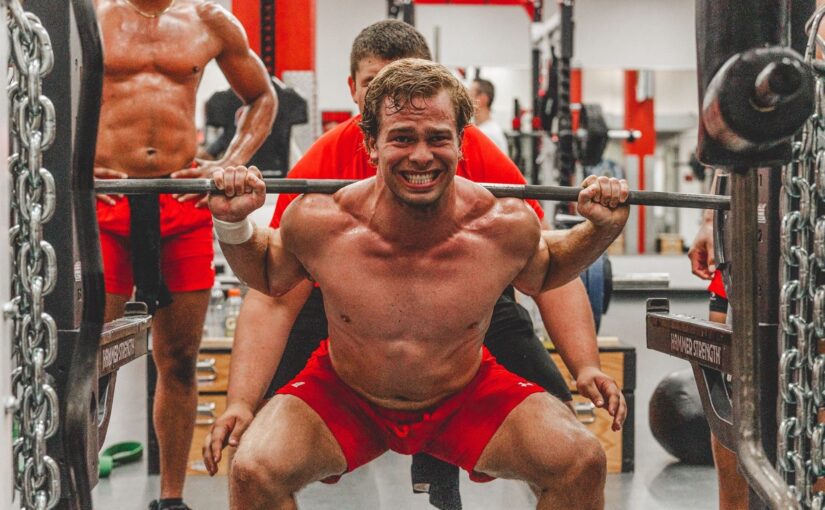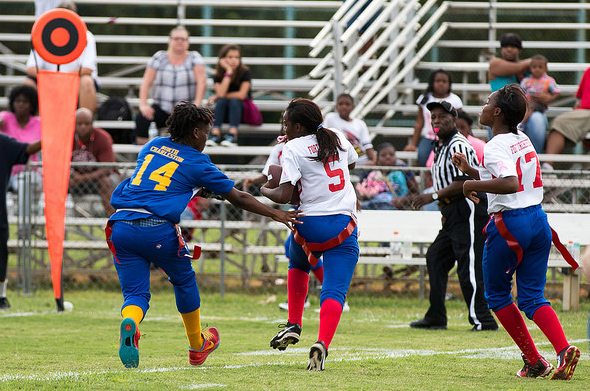Lack of Coaching Diversity Impacts College Student Decisions
For some individual sports, the disparities are even larger. Almost 70% of student-athletes who play basketball and football are minorities, but over 75% of head coaches are white.
 A recent article from the Spartan Newsroom, powered by the Michigan State University School of Journalism and written by Nora Mougharbel, dove into those numbers, speaking to numerous industry professionals in the process.
A recent article from the Spartan Newsroom, powered by the Michigan State University School of Journalism and written by Nora Mougharbel, dove into those numbers, speaking to numerous industry professionals in the process.
Below is an excerpt from that article.
Coaching diversity isn’t just an equity issue, it also can be a competitive issue for college athletics, said Allen Trieu, a Midwest recruiting analyst at 247Sports. Prospective student-athletes prioritize diversity when deciding which colleges to attend.
“Kids say that,” Trieu said to the Spartan Newsroom. “Kids have come out and said it.”
Trieu said student-athletes want a coach who can relate to their life experiences.
“I would think that it helps to have a coach who’s been in their shoes,” Trieu continued.
Coach Thomas Wilcher’s students at Cass Technical High School in Detroit are recruited by the top football programs in the country, and five have gone on to play in the NFL. Wilcher said if colleges want to attract more prominent high school recruits, making more diverse hiring decisions is a good place to start.
“When you have a diverse staff, it also gives you the appeal that, hey, anybody can make it here,” Wilcher said.
Coaches have to be able to connect with and figure out what motivates their players, he said.
“What is that player’s angle? What does it take to make him go from A to B not just walking, but running? What makes them want to be great?” Wilcher said. “Having someone of color can give you the inside scoop on that.”
Wilcher said coaches who share the same racial identity as their athletes can relate to them in ways other teammates or other coaches may not be able to.
» ALSO SEE: New Leadership for BC MS in Sports Administration Program
“It gives you an opportunity to say that, ‘Hey, he probably understands where I come from,’ or, ‘He probably understands some of the things that have happened to me or my surrounding,’” Wilcher said.
He said it’s not enough for colleges to fill empty coaching positions with people of color. Teams also need to make coaches feel included once they get there.
Wilcher said when student-athletes see their coach, someone who is in a position of power, being mistreated, it makes student-athletes think, “How are they going to treat me when I have no authority?”
To read the full article from the Spartan Newsroom on coaching diversity at the NCAA Division I level, click here.







